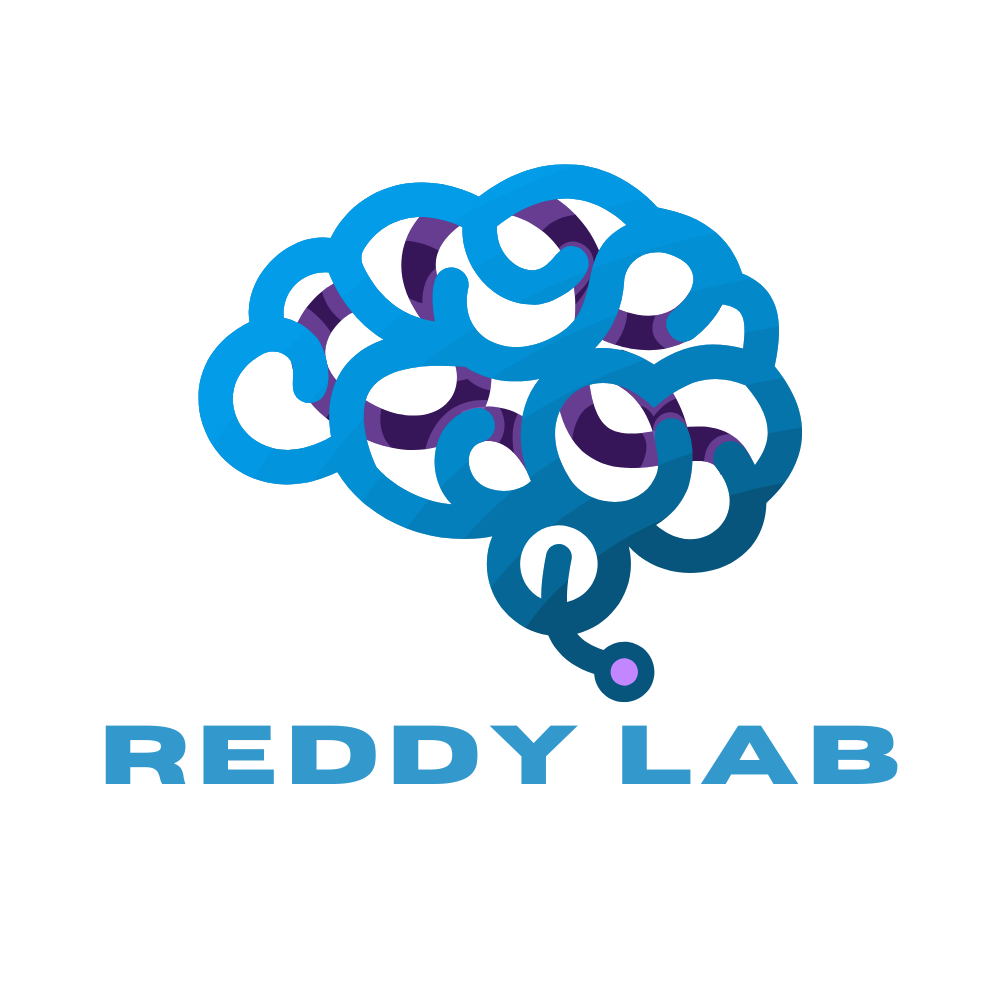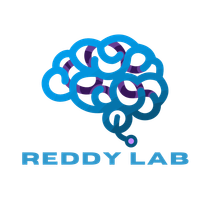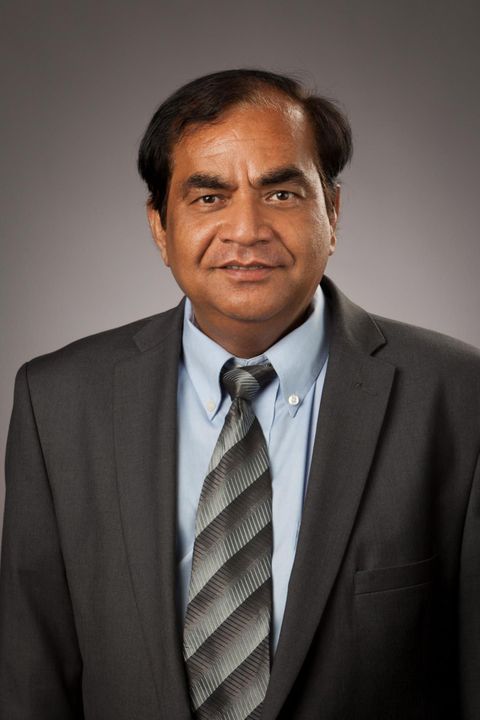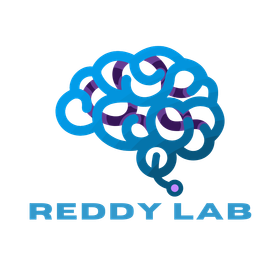Discover the Reddy Lab
Explore cutting-edge research in Healthy Aging and Neurodegenerative Diseases at the Reddy Lab, under the leadership of Dr. P. Hemachandra Reddy. Our team is dedicated to drug discovery, biomarker development, and understanding Molecular Basis of Alzheimer’s Disease and its comorbid conditions. Join us in our mission to innovate for a healthier tomorrow!
Drug Discovery
Our research investigates the neuroprotective effects of DDQ, a novel compound developed in the Reddy lab, against AD pathology.
Biomarker Development
The Reddy lab works to identify peripheral biomarkers for aging, stroke, vascular dementia, Alzheimer’s disease, Parkinson’s disease Diabetes.
Molecular Basis of Alzheimers
The Reddy lab focuses on studying mitochondrial function and dynamics in neurons to understand and find solutions for neurodegenerative diseases.
Human Healthy Aging Studies
The Reddy lab is working to elucidate the biology underlying aging, particularly in terms of the aging brain and to identify factors that promote healthy aging of the brain.
Welcome to the Reddy Laboratory
Led by Dr. P. Hemachandra Reddy, Ph.D., the Reddy Lab at Texas Tech University Health Sciences Center (TTUHSC) focuses on a) Drug Discovery b) Biomarker Development c) Molecular Basis of Alzheimer’s Disease d) Human Healthy Aging.
Our initiatives include the Alzheimer’s Disease Research Seminar Series, Aging and Alzheimer’s Disease Journal Club, and the Residents Research Program, aimed at fostering research engagement among medical residents.
With over twenty years of research on Healthy Aging, Dementia, and neurodegenerative diseases, we also explore comorbid conditions linked to dementia, including diabetes, obesity, cardiovascular disease, kidney disorders, stroke, and vascular dementia.
Join us in advancing research for a healthier future!
P. Hemachandra Reddy
Science from the Heart
Welcome to the Reddy Lab!
I am delighted to welcome you to the Reddy Lab at Texas Tech University Health Sciences Center. Our lab is dedicated to advancing scientific understanding and innovative solutions in the fields of Healthy Aging, Dementia, and neurodegenerative diseases such as Alzheimer's, Huntington's, and Parkinson's diseases.
Here, we strive to create a collaborative environment where researchers, students, and community members come together to explore the complexities of aging and neurodegeneration. Our research focuses not only on the molecular and cellular mechanisms that underlie these conditions but also on the development of effective diagnostic and therapeutic strategies.
We are also deeply committed to raising awareness about neurodegenerative diseases and supporting caregivers who face the challenges associated with these conditions. Through community outreach and educational initiatives, we aim to make a positive impact and enhance the quality of life for those affected.
As you explore our website, I invite you to learn more about our ongoing research projects, publications, and opportunities to get involved. Together, we can work towards a better understanding of these illnesses and strive for solutions that improve health outcomes for individuals and families affected by neurodegenerative diseases.
Thank you for visiting the Reddy Lab!
Warm regards,
Dr. P. Hemachandra Reddy
Professor, Department of Internal Medicine
Texas Tech University Health Sciences Center
Embracing Diversity at Reddy Lab
At Reddy Lab, we are committed to fostering an inclusive environment that values the diverse backgrounds of all individuals. Dr. Reddy and his team understand that scientific and biomedical discoveries thrive through collaboration and diverse perspectives. We actively encourage participation from all ethnic communities, students of every educational level, faculty members, and individuals of all genders in our research activities. Our belief is that the outcomes of our research can have a meaningful impact both in the United States and worldwide. We take a proactive stance in ensuring that our research reflects a commitment to equality and social justice, aiming to challenge and dismantle discrimination based on gender and race. Through these initiatives, we strive to promote understanding and inclusiveness in all our research endeavors, ultimately enriching the scientific community and benefiting society.
Reddy Lab News & Articles
News and Articles to keep you informed
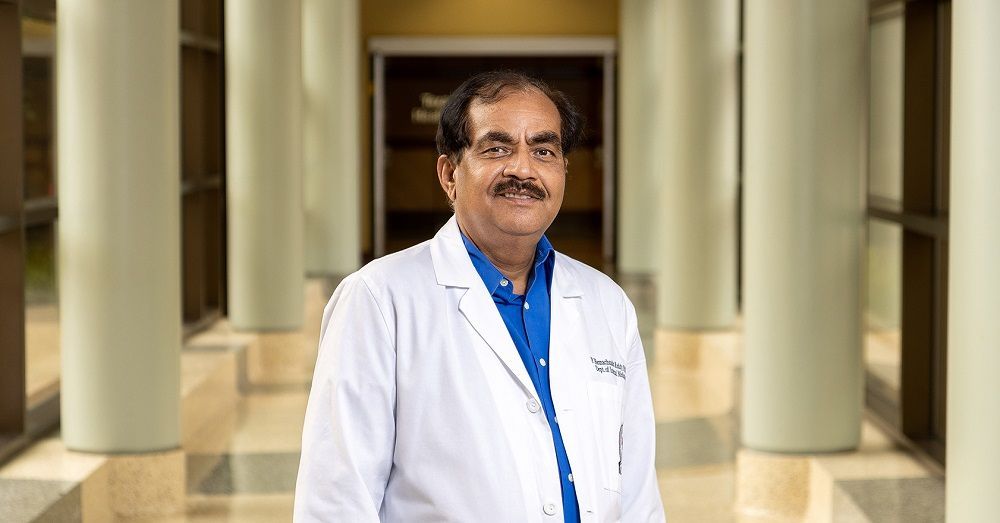
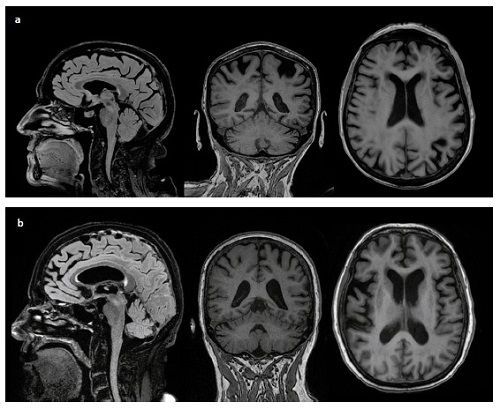

Testimonials
Don't take our word for it! We are so proud to have amazing people say amazing things about the work we do!
Dr. Hemachandra Reddy is a distinguished figure in Alzheimer's disease research, known for his prolific publications and innovative contributions. His groundbreaking work has significantly advanced our understanding of the disease, earning him recognition and respect in the scientific community. Beyond his research, Dr Reddy is a dedicated mentor. He actively supports and guides young scientists, fostering a collaborative and nurturing lab environment. His commitment to helping others publish their research highlights his belief in the power of shared knowledge. Under his leadership, the lab has become a hub for high-impact research, regularly producing findings featured in top-tier journals. He exemplifies excellence and compassion in his field, making a profound impact on Alzheimer's disease research and inspiring many.
Priyanka Rawat
Graduate Student - TTU
As a postdoc in Dr. Reddy’s lab at TTUHSC, my experience has been incredibly rewarding. The lab’s collaborative environment and Dr. Reddy’s exceptional mentorship have significantly advanced my professional growth. He provides comprehensive guidance, from lab techniques to scientific communication, and always offers constructive feedback. The lab is well-equipped with state-of-the-art facilities, enabling high-quality research. Dr. Reddy’s support and encouragement for independent projects have been crucial. He has also been instrumental in helping us publish our work, always pushing us in a positive direction. This experience has profoundly impacted my career, equipping me with invaluable skills and opening numerous future opportunities. Dr. Reddy’s extensive network within the scientific community has furthered my career advancement.
Upasana Mukherjee, Ph.D.
Working as a postdoctoral researcher at Dr. Reddy's Lab has been an incredibly enriching experience for me. Under the mentorship of Dr. Reddy himself, I have found myself blessed with opportunities for professional growth and personal development that I could have never imagined elsewhere. Dr. Reddy's mentorship style is marked by a rare blend of encouragement, freedom, and support. From the outset, he provided me with the liberty to explore and express my ideas, fostering an environment where creativity flourishes. It is under his guidance that I discovered and honed my writing skills, particularly in the domain of Healthy Aging and addressing caregivers' concerns. His unwavering belief in my abilities empowered me to delve deeper into these topics, contributing meaningfully to the field.
Ujala Sehar, PhD
“It is a great pleasure to write for Dr P. Hemachandra Reddy for his work on mitochondria, amyloid beta, and phosphorylated tau in Alzheimer’s disease. The quality and depth of his work, which is largely mechanistic and focused on cell and mouse disease modelling, is both compelling and undeniably pioneering. His work has provided field-stimulating insight into the role of mitochondria in neurodegenerative diseases and provided insight into synaptic integrity and loss of integrity. His body of work has already inspired many students, scholars, and colleagues in the Alzheimer’s disease field. His Alzheimer’s disease research is highly cited. I would also note Dr. Reddy is pioneer in invoking a role for mitophagy in Alzheimer’s disease, which is quickly developing into an extremely hot area of Alzheimer’s disease research.
Russell Swerdlow, MD
